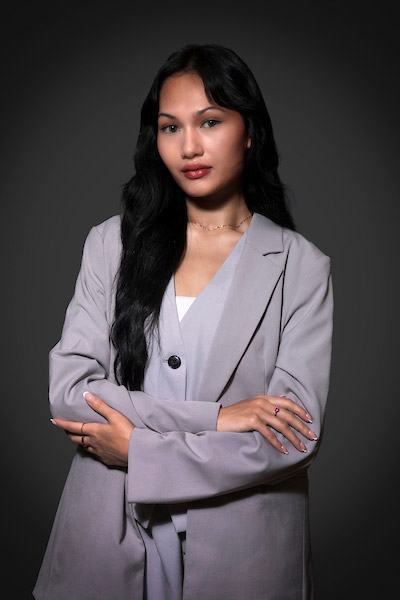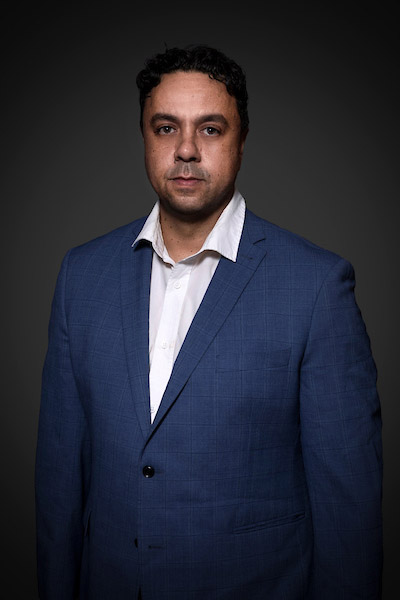LGBT Visa – Below is a list of 69 countries where homosexual relationships are criminalised:
Afghanistan, Algeria, Antigua & Barbuda, Bangladesh, Barbados, Bhutan, Brunei, Burundi, Cameroon, Chad, Comoros, Cook Islands, Dominica, Egypt, Eritrea, Eswatini, Ethiopia, Gambia, Ghana, Grenada, Guinea, Guyana, Iran, Jamaica, Kenya, Kiribati, Kuwait, Lebanon, Liberia, Libya, Malawi, Malaysia, Maldives, Mauritania, Mauritius, Morocco, Myanmar, Namibia, Nigeria, Occupied Palestinian Territory (Gaza Strip), Oman, Pakistan, Papua New Guinea, Qatar, Saint Kitts and Nevis, Saint Lucia, Saint Vincent and The Grenadines, Samoa, Saudi Arabia, Senegal, Sierra Leone, Singapore, Solomon Islands, Somalia, South Sudan, Sri Lanka, Sudan, Syria, Tanzania, Togo, Tonga, Tunisia, Turkmenistan, Tuvalu, Uganda, Uzbekistan, Yemen, Zambia, Zimbabwe.
In Iran, Sudan, Saudi Arabia and Yemen, homosexuality is still punishable by death, under sharia law. The same applies in parts of Somalia and northern Nigeria.
In two other countries – Syria and Iraq – the death penalty is carried out by non-state actors, including Islamic State.
In Indonesia, India, Cambodia, Japan, Hong Kong, Nepal and China, lesbian, gay, bisexual and transgender people are vulnerable to unofficial oppression and police harassment. They are also forced into treatment to cure their sexual orientation.





























